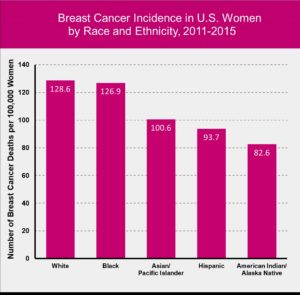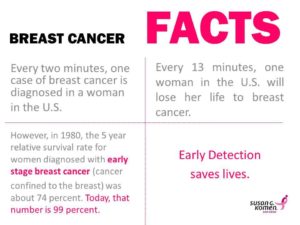What is metastatic breast cancer?Metastatic breast cancer is breast cancer that has spread to other parts of the body. Breast cancer most commonly spreads to the bones, liver, lungs, and brain. It is still called breast cancer, even after it has spread. Metastatic breast cancer is not curable, but it is treatable.
Many patients continue to live well for a number of months or years with metastatic breast cancer.How can I cope with metastatic breast cancer?A diagnosis of metastatic breast cancer often comes as a shock. People describe a range of emotions such as fear, anger, or sadness that may change day to day or over time. You may have concerns about how this diagnosis will affect many different aspects of your life, such as your relationships, work or career, family and social roles, and finances. You may be worried about suffering or having your life shortened by this disease. It is important to remember that you are not alone.
Key parts of the coping process involve becoming informed about your specific diagnosis and working with your health care team to find professionals who can support you and your family, offer guidance about your treatment options, and identify services to address the needs of your caregivers. Talk openly with your doctors and health care team to express your feelings, preferences, and concerns. They are there to help, and many team members have special skills, experience, and knowledge to support patients and their families.
How is metastatic breast cancer treated?The primary goals of treatment for metastatic breast cancer are to extend or prolong life and to relieve the symptoms caused by the cancer. Treatment aimed at reducing symptoms and improving quality of life is often referred to as palliative or supportive care. It is often given along with treatment to slow or stop the growth of cancer.
Treatment options for women with metastatic breast cancer vary based on several factors, such as whether the tumor is ER-positive, PR-positive, or HER2-positive, where in the body the cancer has spread, the presence of specific symptoms, and previous cancer treatments. For women with ER- and PR-positive cancers, treatment with hormonal therapy is effective and can be used to control breast cancer for an extended period of time.
Other common treatments for metastatic breast cancer include chemotherapy, HER2-targeted therapy, and other types of targeted therapy. Because it is not unusual for metastatic breast cancer to become resistant (stop responding) to these drugs, you may need to change treatments fairly often.
Other possible treatments include radiation therapy or bone-modifying drugs to treat bone metastases and surgery to remove a tumor that is causing discomfort. You may receive additional treatment to make sure you are physically comfortable and free from pain. When making treatment decisions, you may also consider a clinical trial. Talk with your doctor often about all treatment options and the goals of each treatment


